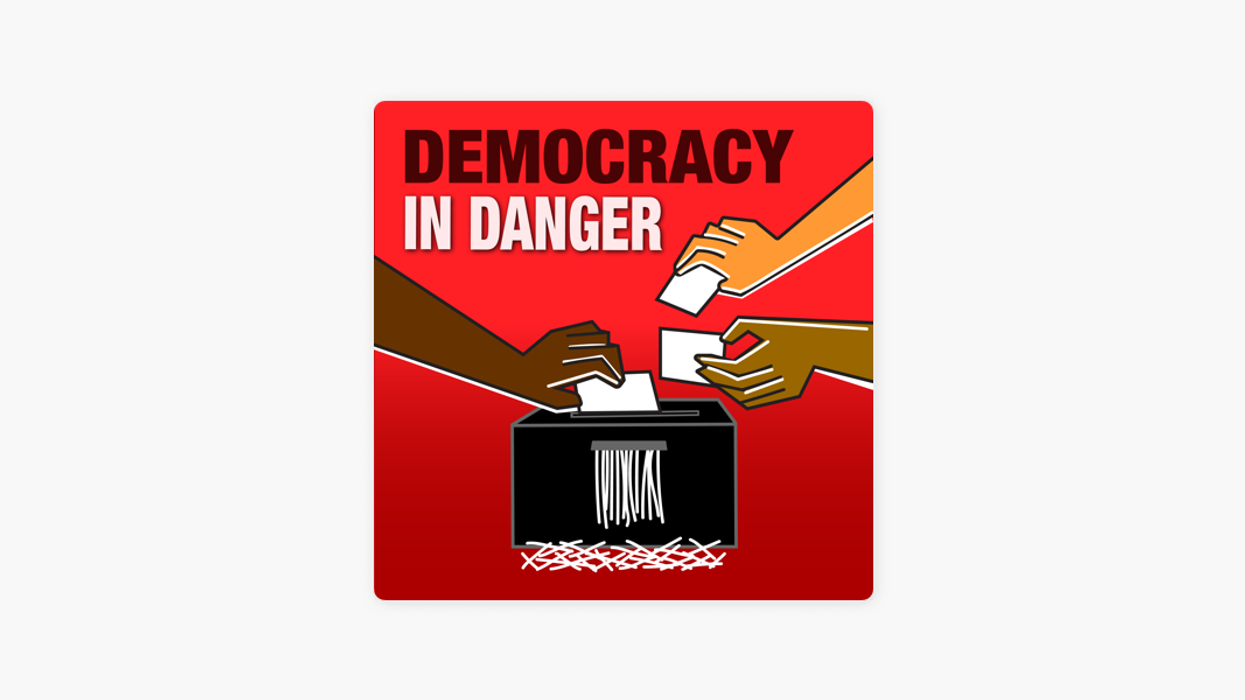In recent years, American politicians seem to be getting tougher about internet oversight. But it remains unclear whether Washington has the will to regulate big tech companies and the platforms they control. This week on "Democracy in Danger" we hear from Sen. Mark Warner, a Democrat, and former Rep. Barbara Comstock, a Republican, live from the University of Virginia’s celebrated dome room. They see hope for bipartisan action on Capitol Hill — to protect users and free speech alike. Siva reflects with guest-host Danielle Citron.
Podcast: Saving social media






 S4 E15. Saving Social Media
S4 E15. Saving Social Media













Trump & Hegseth gave Mark Kelly a huge 2028 gift